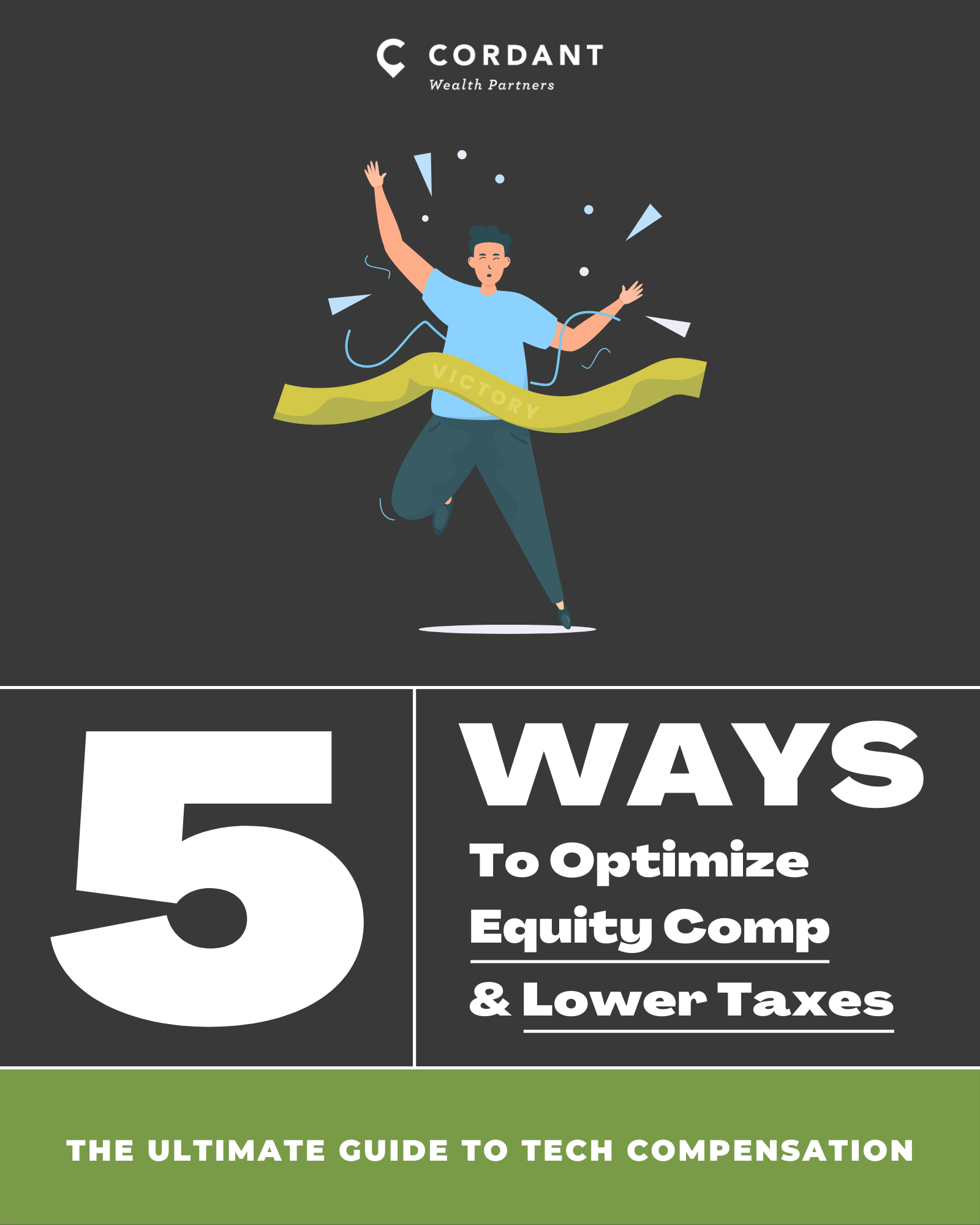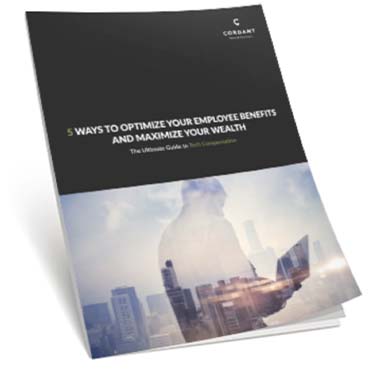If you’re contemplating retirement, there’s a lot to consider. You may be asking yourself, how do I create an income stream in retirement? Am I being smart with taxes? Is there anything I’m missing? If you happen to be a long-tenured Intel employee, there are factors unique to Intel that need to be considered in order to answer these questions.... Read More
4 Steps To Take If Intel Offers A Voluntary Separation Package
Intel has from time to time offered separation packages to eligible employees as an incentive to retire, or at least to transition out of Intel. The most recent widely offered package was the Early Retirement Program (ERP) which Intel offered to eligible employees in 2016. While it’s unusual for a package to be offered to such a large number of... Read More
Preparing For The Worst: How To Make Sure Your Family Is Okay If Something Happens To You
A common concern we hear from many we talk with is: how do I make sure my family is taken care of if something happens to me? While not a fun topic to dwell on, being proactive is one of the greatest gifts you can give to your family—and there may even be benefits for you in doing so. As... Read More
Hood to Coast & Tax Planning: More in Common Than You May Think
This past weekend marked the 38th running of the epic Hood to Coast (HTC) relays. For locals in the Portland area, most of us have either run, volunteered or have friends participate in the HTC. For those not familiar, HTC is a relay race that starts in the Cascades on Mt. Hood, moves through the Willamette Valley and Portland, and... Read More
Should You Reduce Your Investment Risk When You Retire? The Four Factors to Consider
The common perception is that as you age, or more specifically as you approach retirement, you should reduce the risk in your investment portfolio. In most cases, this means reducing exposure to the stock market and increasing exposure to fixed income (i.e., bonds). The goal is to dampen the ups and downs with the understanding that the potential upside is... Read More
Retiring Soon? Three Little Known Strategies to Lower Your Tax Bill
Anyone contemplating retiring in the next few years already has a lot on their mind—wrapping up things at work and planning the next phase of life, getting financially confident they are ready to make the leap, building a retirement income plan, and navigating the healthcare transition that comes with leaving an employer. All essential areas to address but the retirement... Read More
The Best Time to Retire From Intel
A couple weeks ago, a client—having just returned from sabbatical—told me she has “one more sabbatical before retirement.” Her plan, she said, is to have her “last day of Intel employment be the last day of [her] next sabbatical. “But then,” she continued, “I will probably want to work until I receive my April vesting…and then the next quarterly bonus…”... Read More
3 Key Financial Strategies Most Business Owners Miss
Just like when it comes to investing, in business, most of the time, success doesn't happen by following the latest and greatest fad pitched by the guru of the month. But instead, it comes by getting the fundamentals right and doing the things most people ignore. With that in mind, here are three critical financial strategies that most business owners... Read More
Benchmarking Investment Returns & Flaw of Averages
Investing – Simple and Complex On paper, investing is simple - invest in a broad basket of stocks and over time you’re likely to achieve positive returns (historically speaking). Who hasn’t seen this chart before? Source: Dimensional Fund Advisors However, in practice, investing gets a little more complex when things like time-frame, objectives and preferences get factored in. ... Read More
Key Considerations for Small Business Owners
Understanding Entity Structure Most small businesses are started by those that are particularly skilled and/or passionate about providing a service or product. For many, providing this service or product is the fun part of running a business. From technology consultants to golf pros, it’s the running of the actual business that causes headaches. Under the headache category often falls the... Read More











